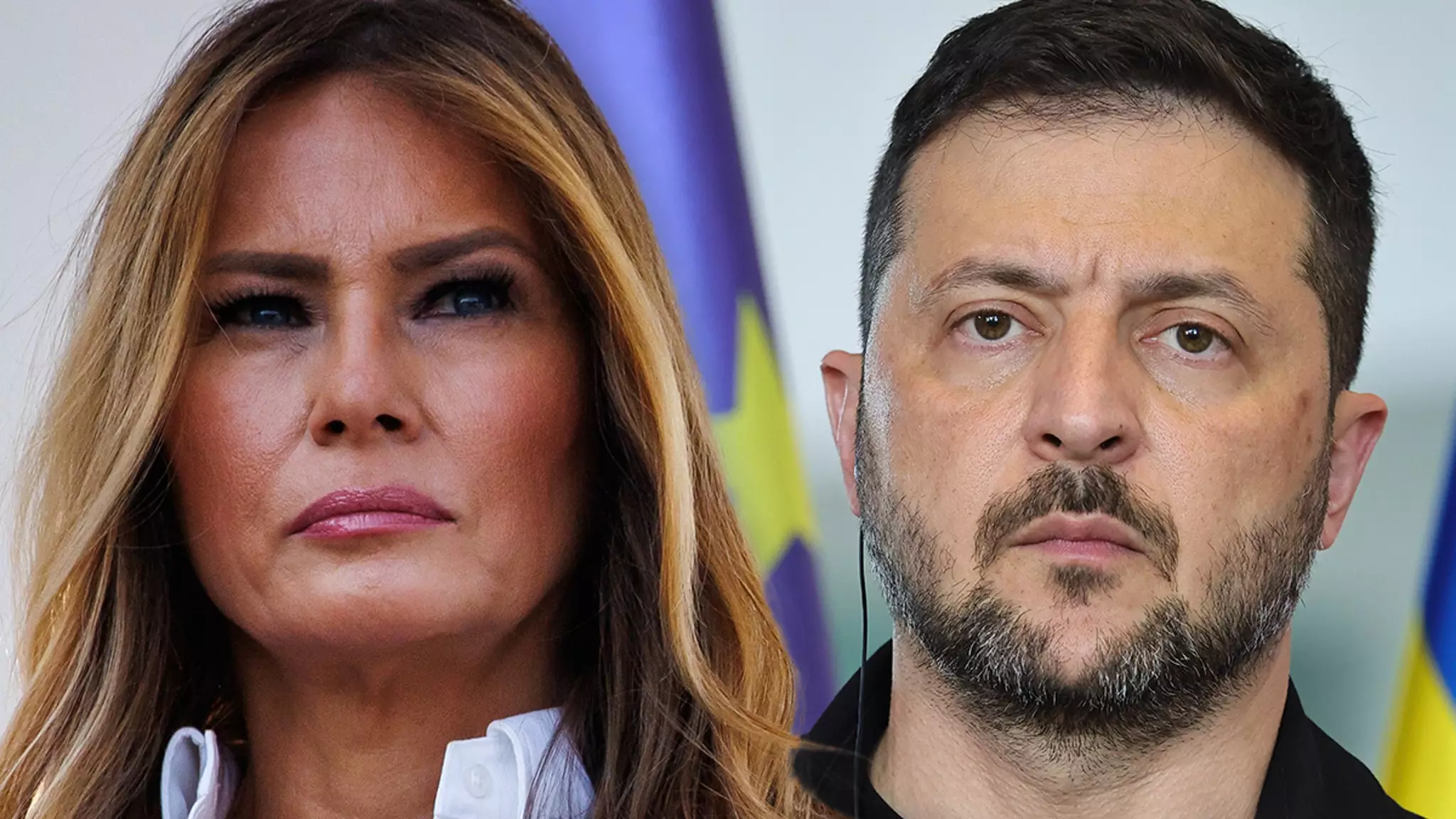In a political landscape often dominated by loud rhetoric and overt displays of strength, Melania Trump’s discreet yet powerful act of writing a heartfelt letter to Vladimir Putin marks a notable departure. While her absence from the summit between President Donald Trump and the Russian leader was conspicuous, her personal message conveyed a nuanced form of diplomacy rooted in empathy and moral persuasion. This silent appeal to the Russian president underscores the potential influence of personal morality amid diplomatic chaos. Instead of engaging in political posturing, Melania chose to leverage her voice through heartfelt words aimed directly at the core human suffering—children caught in war zones. This move exemplifies how even unofficial actors within political spheres can wield moral authority, subtly shifting the narrative from confrontation to compassion.
Challenging Power with Humanity
The content of her letter, urging Putin to protect children affected by the Ukraine conflict, highlights an underutilized avenue for influence: moral appeal. Addressing the Russian leader directly, Melania taps into universal feelings of innocence and vulnerability, emphasizing that leaders are custodians of the lives they impact. Her plea for Putin to safeguard “the innocence” of children and allow them to dream of “love, possibility, and safety” strikes at a fundamental human instinct—protective love for the most vulnerable. While some might dismiss this as naive or overly idealistic, it actually underscores a critical point: moral persuasion can serve as a counterbalance to aggressive diplomacy and strategic posturing. Leaders often derive legitimacy from perception, and Melania’s message suggests that compassion can be a powerful tool to influence even the most hardened figures.
Personal Diplomacy Versus Political Turmoil
Her letter’s strategic placement—delivered covertly during a high-stakes meeting—serves as a symbolic act of moral resistance. It demonstrates that behind the curtains of international diplomacy, personal values and emotional intelligence can challenge the often transactional nature of statecraft. Melania’s choice to share the letter publicly on social media further amplifies her message, transforming a private plea into a global moral call. At a moment when negotiations between superpowers risk becoming bogged down in accusations, her words serve as a reminder that peace is rooted in shared human values, not just geopolitical interests. She implicitly criticizes the notion that power resides solely within political deals, advocating instead for a more compassionate approach to conflict resolution.
The Power of Subtle Influence in a Divided World
While her actions may seem small in the grand scheme of international diplomacy, Melania’s gesture reveals an important truth: moral authority can come from unexpected corners. In a time when the world is entrenched in division and skepticism, her letter acts as a breath of fresh air—an insistence that genuine empathy should have a role in shaping peace. Her appeal to Putin’s sense of duty and humanity is bold precisely because it bypasses traditional diplomatic channels, aiming instead to evoke moral responsibility. Whether her words lead to tangible change remains uncertain, but her willingness to speak out in heightened political moments illustrates how moral courage and personal integrity can challenge the status quo, inspiring others to reconsider the role of compassion in diplomacy.

